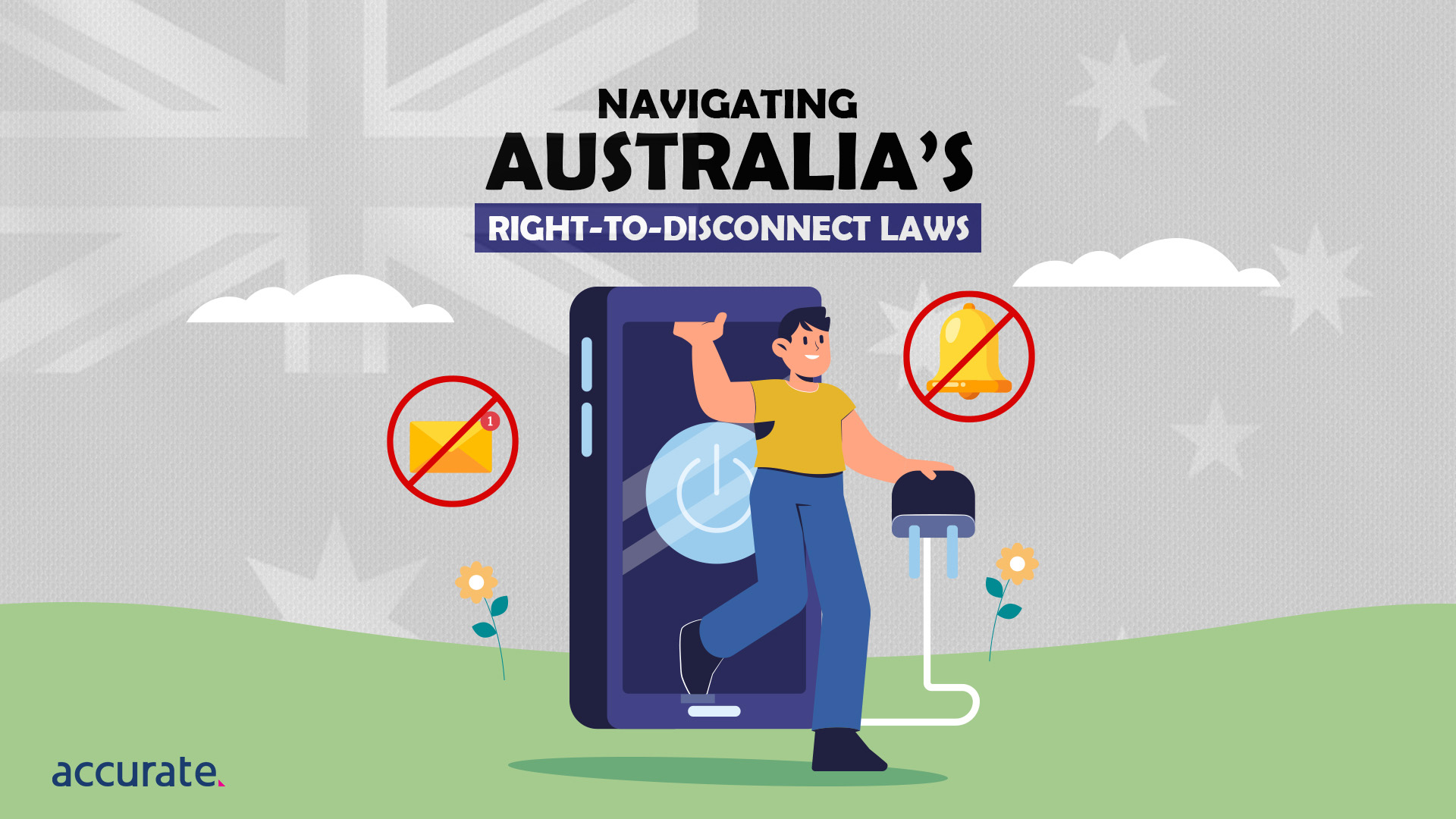
The Right to Disconnect: What It Means for Australian Workplaces
In this blog post, we’ll explore what the right to disconnect means for Australian employers and employees.
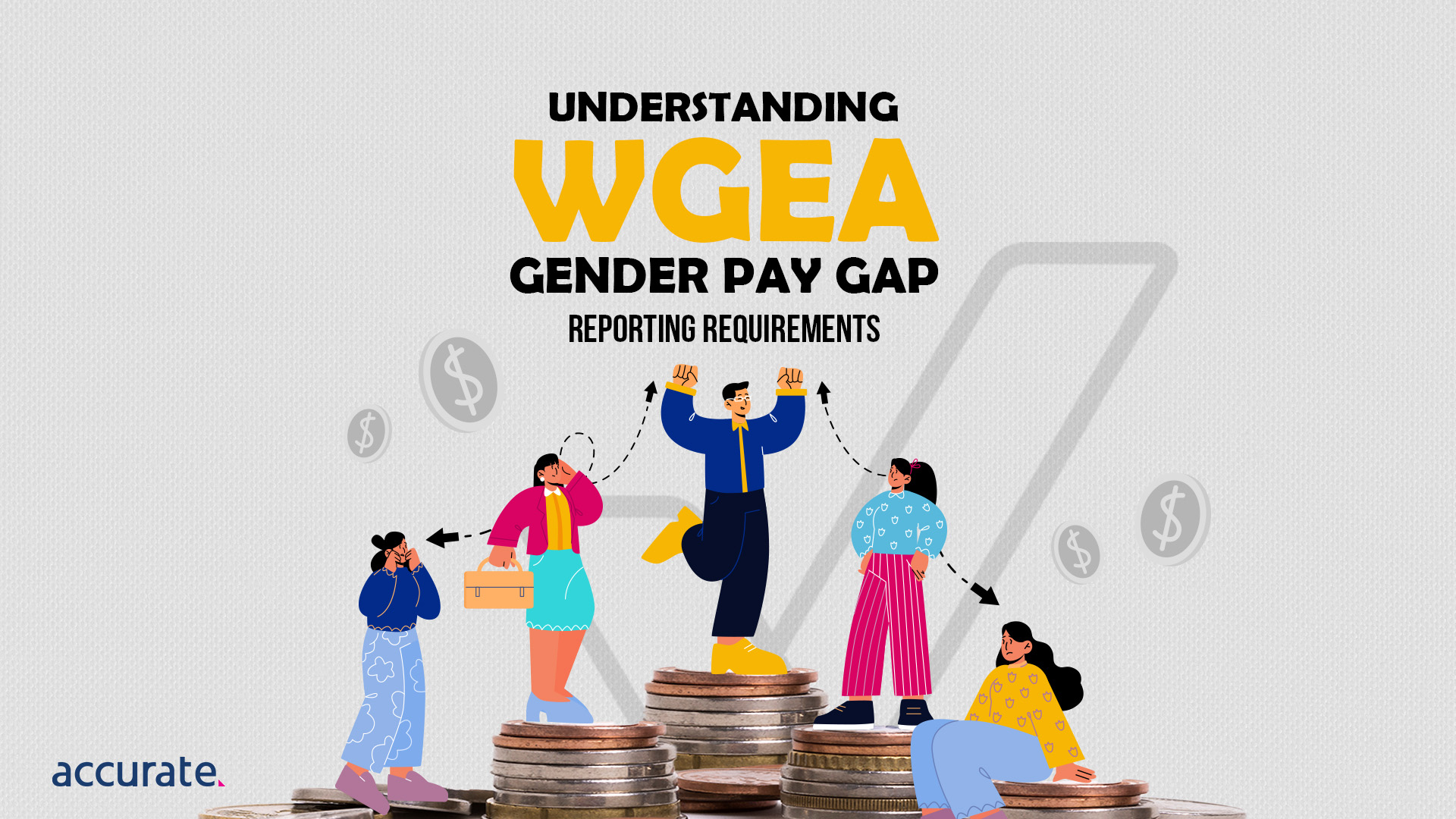
Understanding WGEA Gender Pay Gap Reporting Requirements: A Guide for HR Professionals
In 2024, a significant change was introduced – WGEA began publishing the gender pay gaps at individual private sector companies.
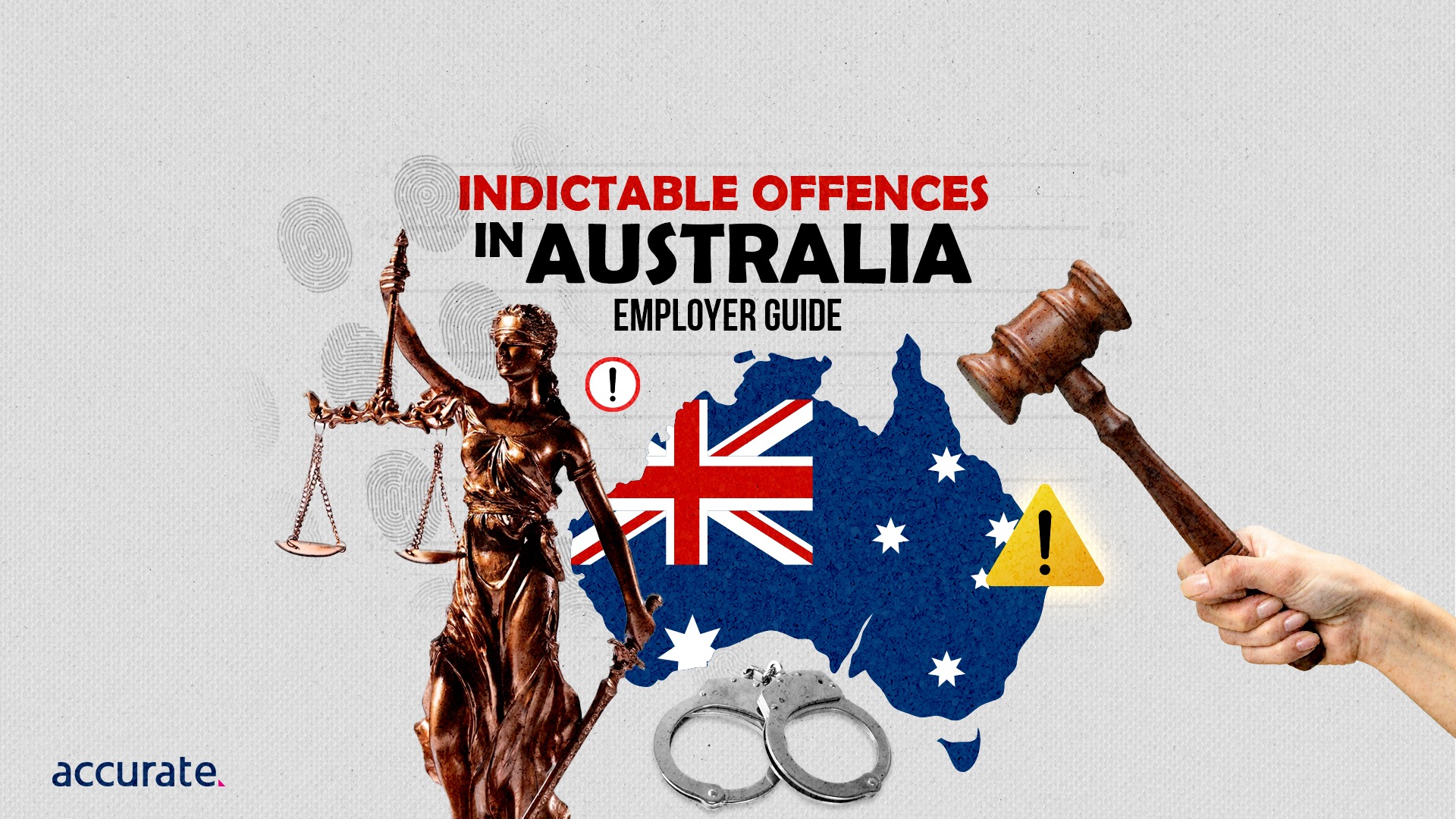
Indictable Offences in Australia: A Comprehensive Guide for Employers
The Australian legal system categorises criminal offences into three main types – summary offences, indictable offences, and strict liability offences.
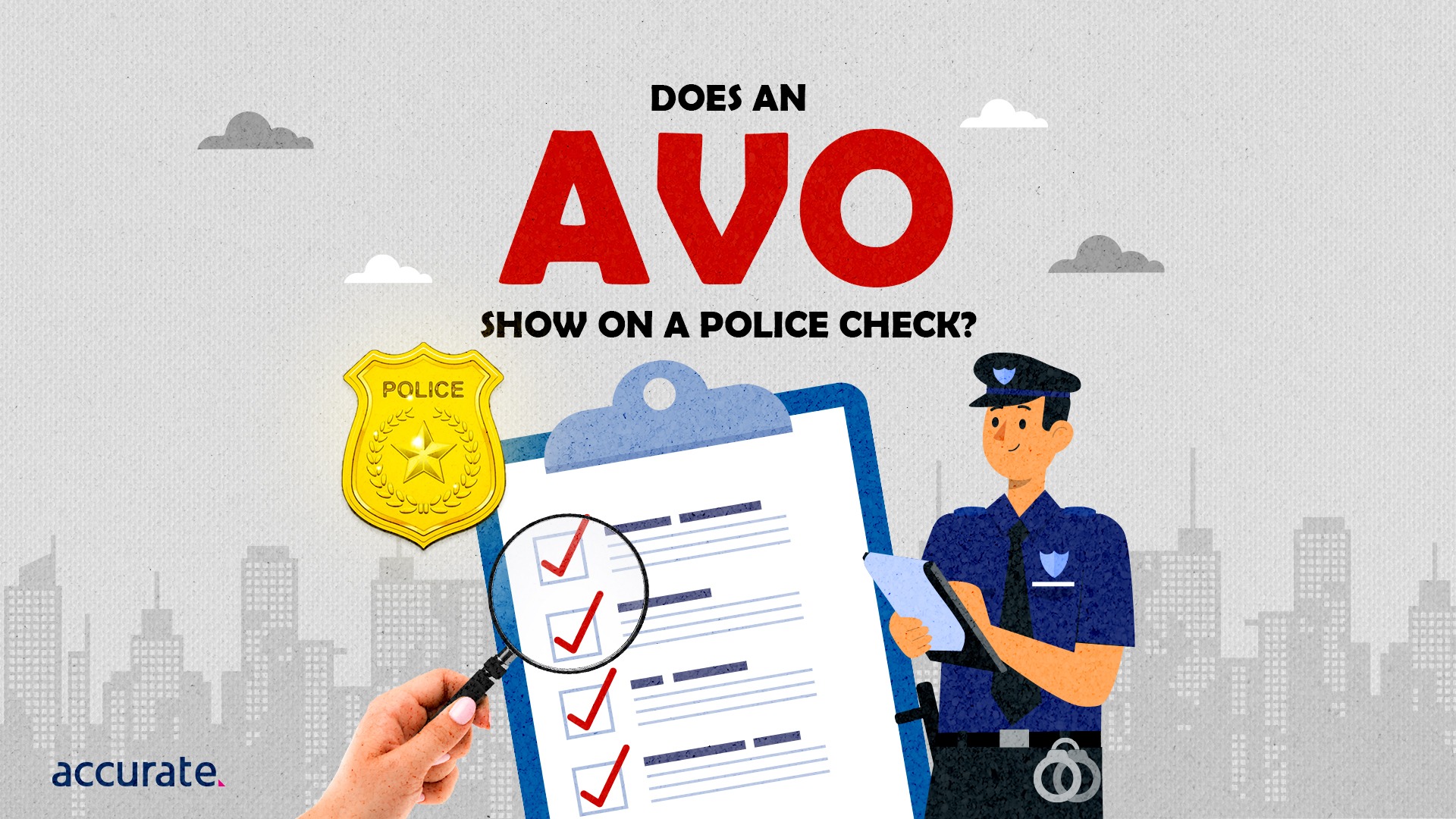
Does an AVO Show on a Police Check?
Apprehended Violence Orders (AVOs) themselves do not appear on a standard police check, as they are not criminal convictions.
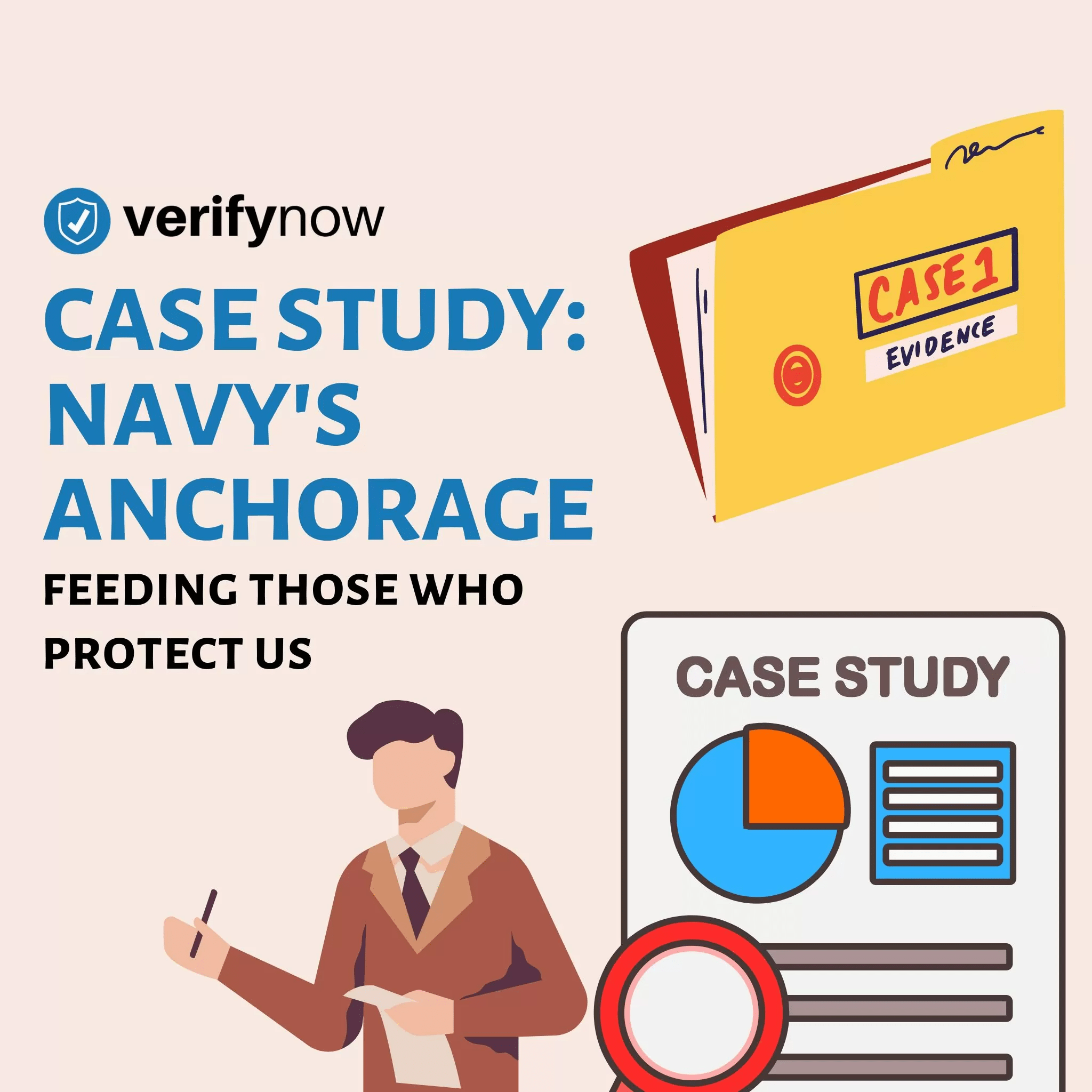
Case Study: Feeding Those Who Protect Us with Navy’s Anchorage
If you’re a member of the Royal Australian Navy, or have ever worked on an Australian Navy Base, then you’re most.
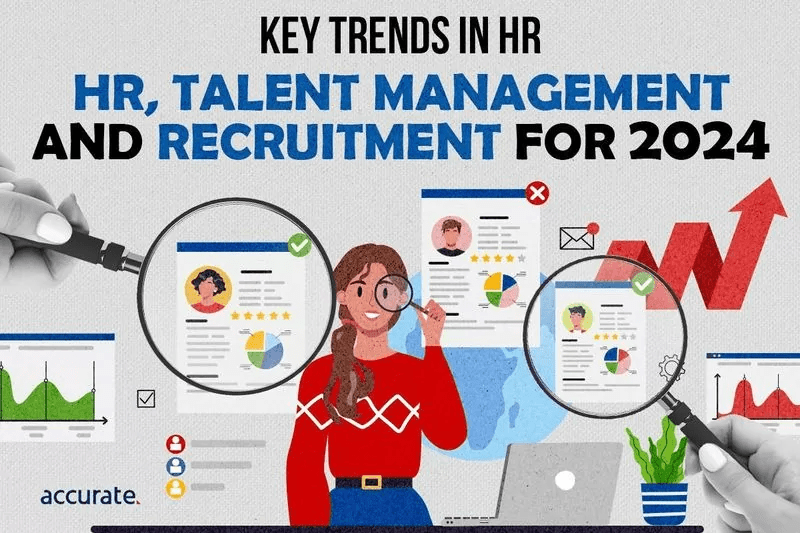
Key Trends in HR, Talent Management and Recruitment for 2024
The HR and talent management landscape is continuously evolving to meet the changing needs of modern workplaces and workforces. As.
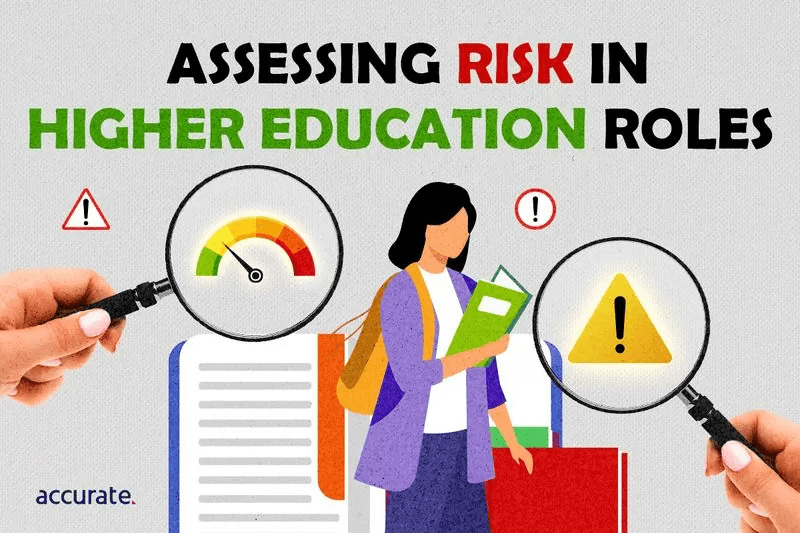
Assessing Risk in Higher Education Roles
As you navigate through your HR, talent management or recruitment role in this sector, you will find that assessing potential.
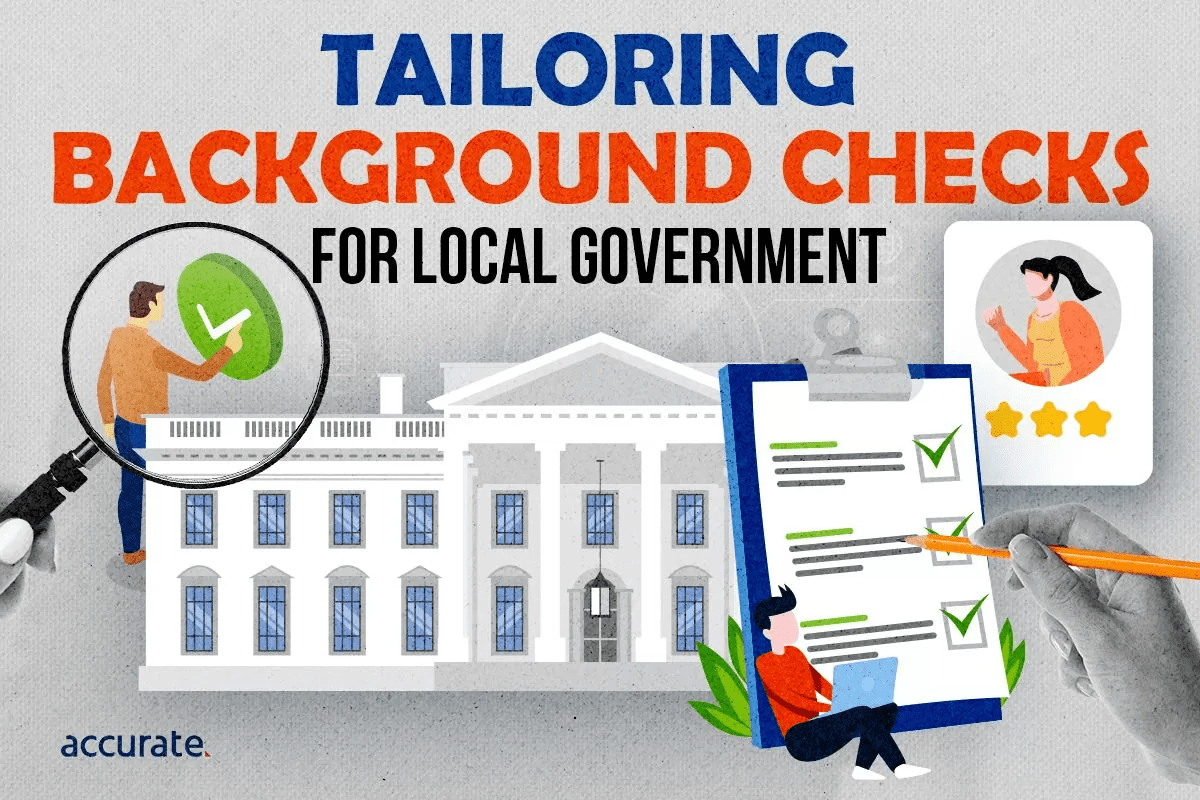
Tailoring Background Checks for Local Government Positions
Public trust is the bedrock of local government. As such, the integrity of local government employees is paramount. These individuals.
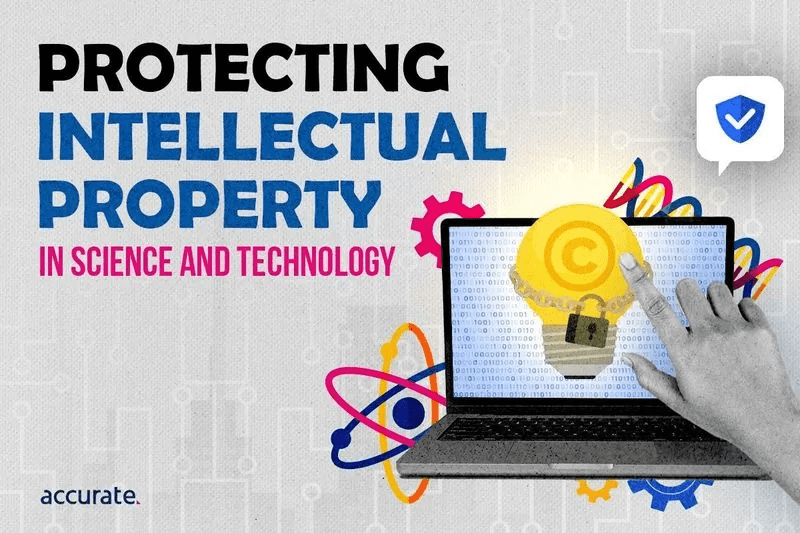
Protecting Intellectual Property with Employment Screening in Science and Technology
As an individual or company operating in the science and technology sector, you know that your ideas, inventions, and innovations.
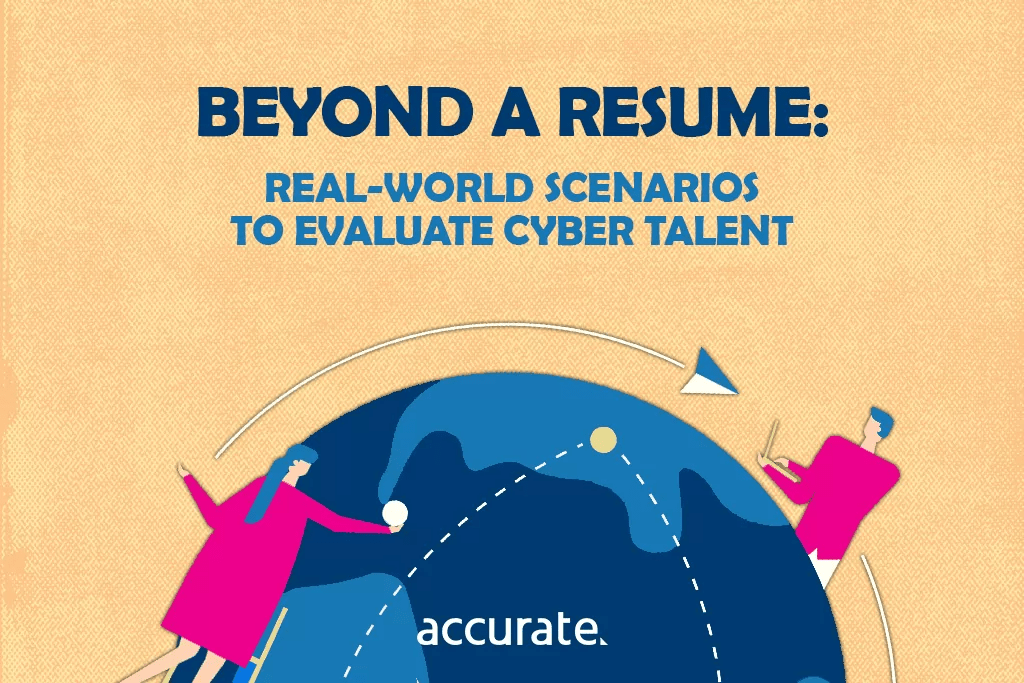
Beyond a Resume: Real-World Scenarios to Evaluate Cyber Talent
In the rapidly evolving world of cybersecurity, traditional recruitment methods, particularly the heavy reliance on resumes, may not always be.
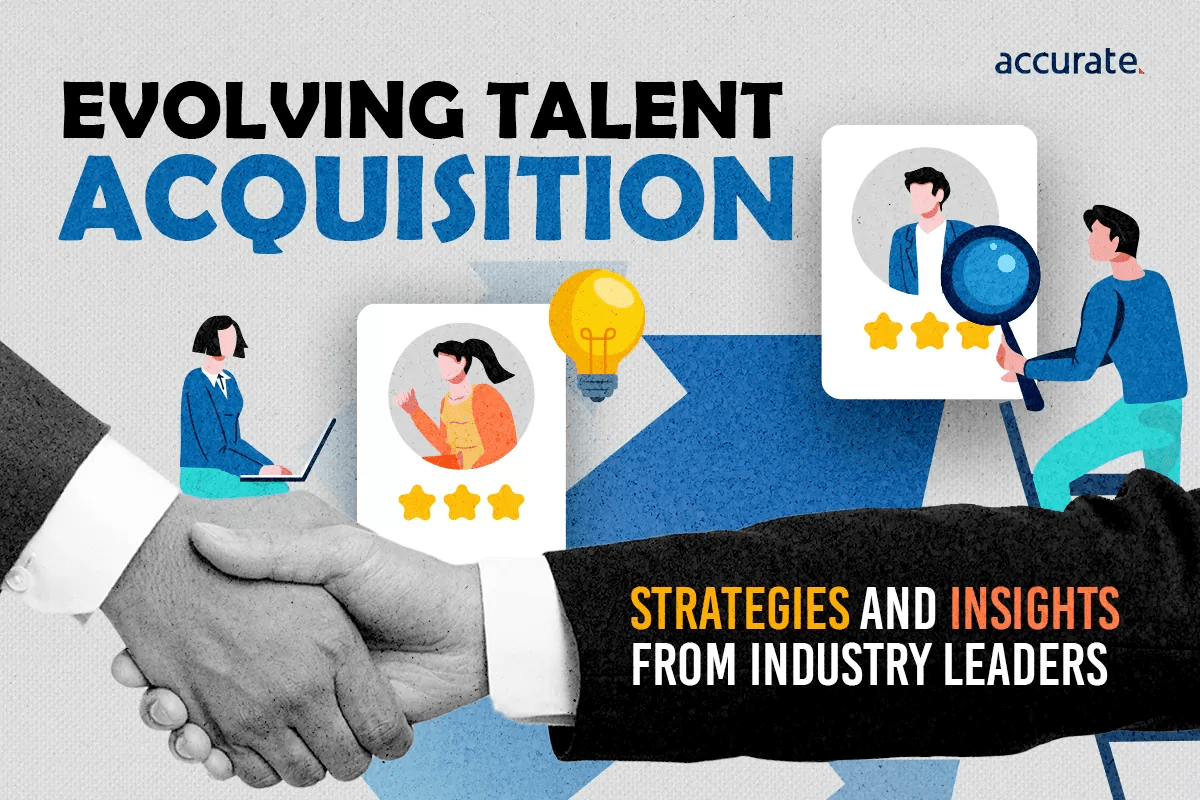
Evolving Talent Acquisition: Strategies and Insights from Industry Leaders
In an era where the talent acquisition landscape is continuously shaped by dynamic market conditions, technological advancements, and shifting organisational.
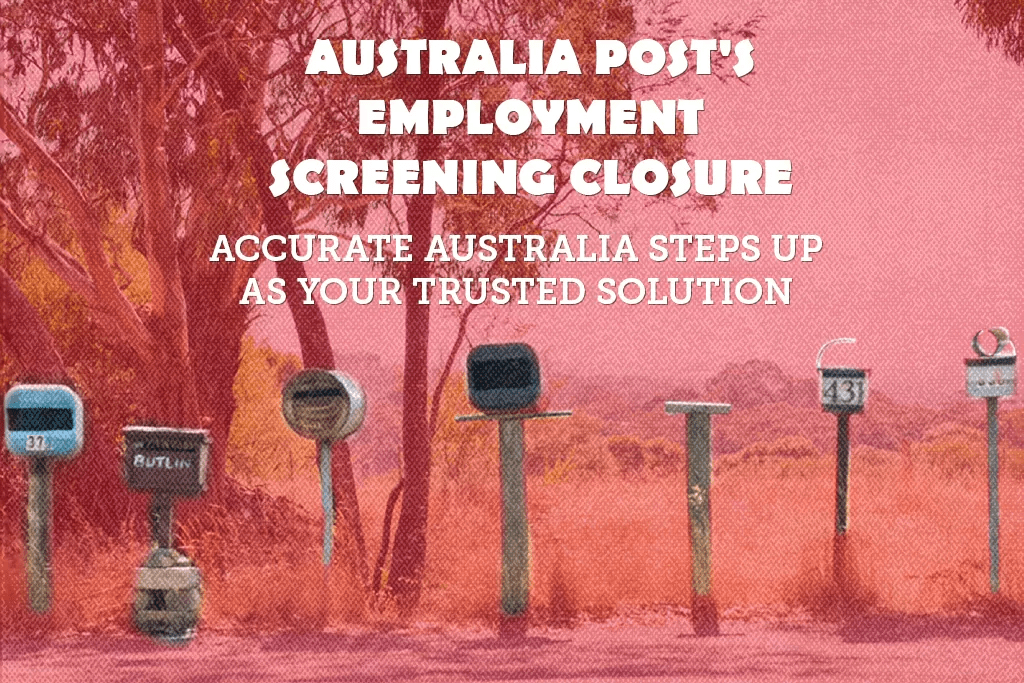
Accurate Australia is Here For Australia Post Screening Customers
In a surprising move, Australia Post recently announced the discontinuation of its employment screening services. This decision has left many.

Keep Up To Date!
Stay connected and up to date by subscribing to our newsletter. Get access to industry insights, our latest blogs, events and more.
